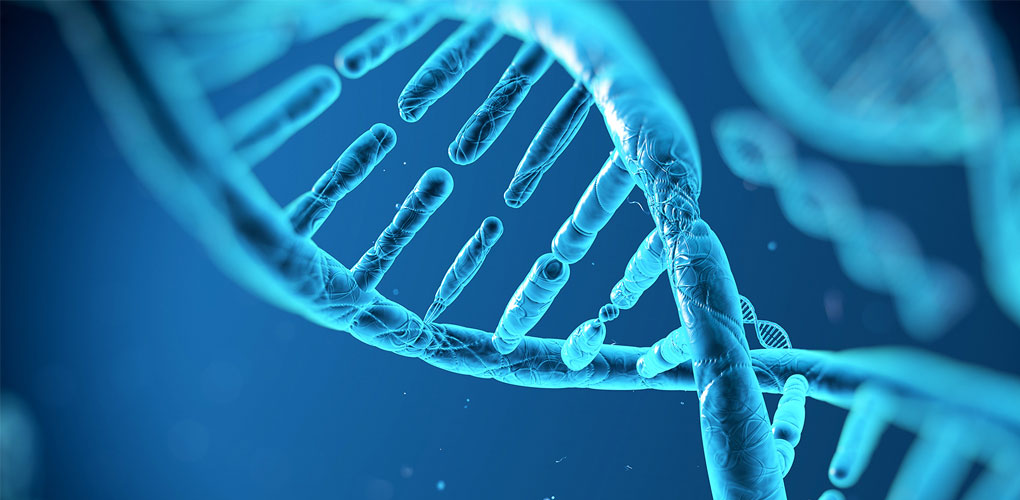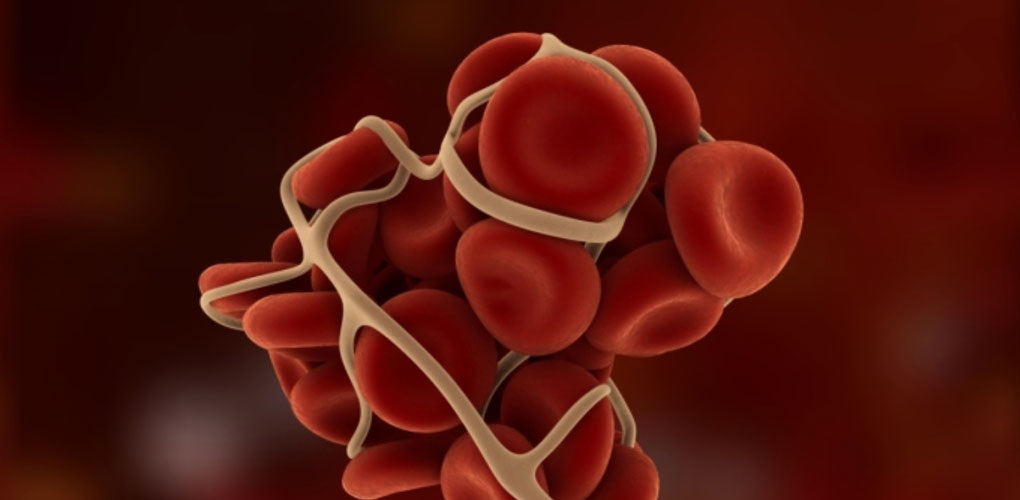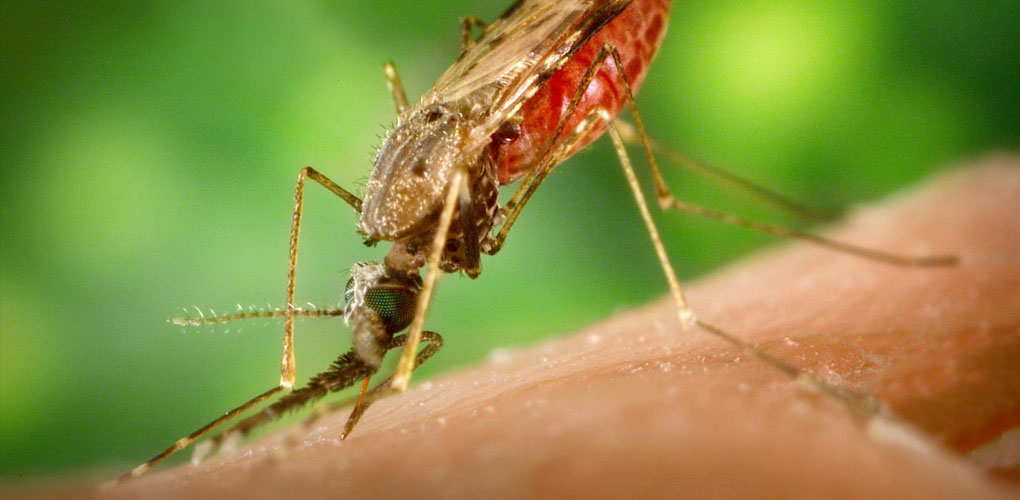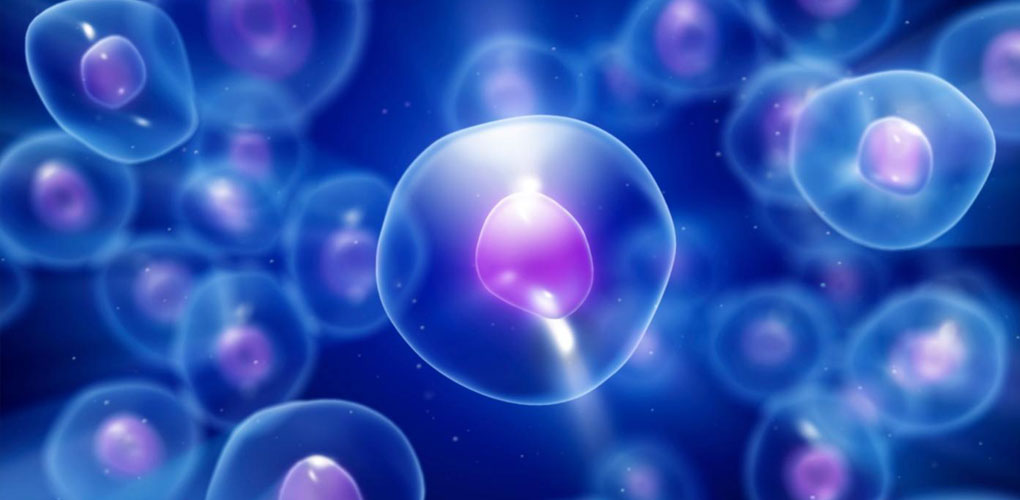
Les Recherches en cours
Five collaborative research projects are currently running and need to be financed by our organization. They cover an array of subjects important to understand the fundamental bases of life and their subversion during aging, cancer or infection. All projects are partnerships between one laboratory at the Institut Pasteur and one laboratory at the Weizmann Institute of Science. The projects are funded for two years.

Project 1
Ido AMIT (Weizmann Institute of Science) and Oliver BISCHOF (Institut Pasteur)
Title : Unbiased Elucidation of Mechanisms of Cellular Senescence using Genome-wide Protein- DNA Interaction and Gene Network Dynamics
Main objective: To understand the molecular bases of cellular aging.
Cellular aging, also called senescence, includes an array of related biological processes whose equilibrium is crucial to prevent cancer development and to ensure controlled aging of the whole organism.
The researchers of this consortium use the most modern methods of genome analysis to detect changes in gene expression during the process of cellular aging and to understand the molecular mechanism of gene regulation by the so-called epigenetic DNA modifications.

Project 2
Yechiel SHAI (Weizmann Institute of Science) and Tarek MSADEK (Institut Pasteur)
Title : Cationic Antimicrobial Peptides Induce Cell-Wall Changes In Gram-Positive Bacteria
Main objective: To understand how antimicrobial natural products inhibit bacterial growth and create resistance.
A natural defense of our organism to control bacterial infections is the production of antimicrobial molecules in places of the organism in regular contact with the external environment, like the skin, the lungs or the intestine. These natural compounds attack components of the bacterial wall compromising bacterial survival. Bacterial resistance to these compounds may lead to the development of pathogenic bacterial strains causing damage to the infected organism.
The researchers of this consortium aim to understand how exposure of bacteria to these compounds facilitates the appearance resistant bacterial strains and the molecular mechanisms involved in this resistance (e.g. mutations of some particular genes). Bacteria, which are cause of serious infections, like Staphylococcus aureus, are studied in this project.

Project 3
Tsvee LAPIDOT (Weizmann Institute of Science) and Ana CUMANO (Institut Pasteur)
Title: Regulation of fetal liver blood forming stem cell development and bone marrow homing by the coagulation system.
Main objective: To investigate the cells that generates the blood coagulation system. Main cellular components of blood, involved in blood coagulation, such as platelets, as well as cells of the immune system, are produced in the liver during fetal development and in the bone marrow in the adult. Initial cellular precursors (stem cells) can generate all blood cellular components. The researchers of this consortium investigate, using mouse animal models, how stem cells generating the blood coagulation system are produced and regulated and how they migrate in the adult to the bone marrow. Defining those mechanisms is important to understand pathologies affecting blood coagulation.

Project 4
Neta REGEV-RUDZKI (Weizmann Institute of Science) and Salah MESCHERI (Institut Pasteur)
Titre : The role of malaria parasite-derived exosomes in modulating host responses.
Main objective: Malaria continues to be one of the most serious causes of death all over the world, extending to new countries due to global warming. The parasite causing malaria, Plasmodium, adapts to the host immune defenses in order to grow and to be transmitted to other hosts. An array of mechanisms are set by the parasite, from continuous changes of the molecules covering its surface, to the production of molecules inhibiting the immune system of the host. The researchers of this consortium elucidated a novel mechanism utilized by Plasmodium parasites. It consists on producing small vesicles, called exosomes, produced by the parasites within the infected host. The goal of the project is to determine the nature of compounds produced and exported by the parasite into these particular vesicles and how these vesicles can modulate or counteract immune responses against the parasite. A better understanding of these mechanisms may unveil new targets for antimalarial therapies.

Project 5
Yosef SHAUL (Weizmann Institute of Science) and Michel COHEN-TANUDJI (Institut Pasteur)
Titre: p73 and p63 as « guardians of development ».
Main objective: During fetal development cells of the organism multiply and associate into organs that are then organized to give rise to an organism. During this process random errors may occur leading to non-functional cells whose existence may prevent the normal formation of an organ and ultimately of a healthy individual. To prevent errors, organisms have developed a number of “quality control” mechanisms. Some of these mechanisms are ensured by molecular “gate keepers” that ensure the fidelity of pivotal growth or differentiation mechanisms.
The researchers of this consortium have recently unveiled two of those quality control molecules that they called “guardians of development” because they eliminate cells that had genetic damage during the development of an organ. In general, these developmental control mechanisms are also crucial to counteract the development of cancer cells in an individual. To gain a deeper insight into these processes will help understanding the process and control of tumorigenesis.
« le Bien de l’Homme, au delà des frontières ».
– Simone Veil –


